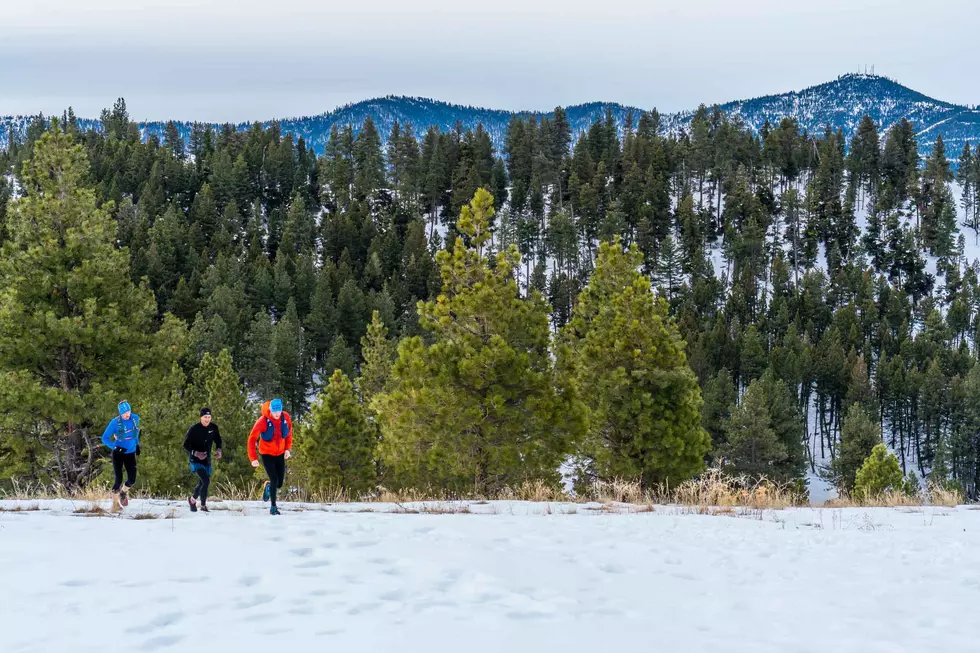
Voices: Gianforte can’t be trusted with public land, stream access
I moved to Montana from New Jersey nearly 50 years ago seeking a different quality of life. I live in Montana because I love the place and the lifestyle. I subsequently co-founded a software company that remains viable 37 years later. I have learned a lot in the backcountry, on the river and in the field since I’ve been here. I also still remember those New Jersey values I rejected and thought I had left behind.
In 2009, Greg Gianforte sued Montana Fish, Wildlife and Parks in order to block public access to the East Gallatin River near his mansion in Bozeman. Ever since he ran for governor in 2016, he has tried to explain away that lawsuit in just about every way he can.
But the story keeps rearing its ugly head because Gianforte keeps making decisions that stoke the fear that Montanans rightly already have about him as a result of the lawsuit, fears that as governor he will:
- Undermine Montana’s hallowed stream access law.
- Refuse to stand up to out-of-state fellow billionaires funding his campaign, billionaires who have a history of shutting down public land and stream access around their lavish Montana properties.
Going into this election, Gianforte could have put the lawsuit well behind him, but he brought it right back to the fore when he brazenly chose Kristan Juras as his running mate. It was as if he were thumbing his nose at Montanans who were appalled at his lawsuit. That’s because Juras does not support Montana’s stream access law.
In a 2010 law review article, Juras argues that stream access laws such as Montana’s constitute “a monumental erosion” of private property rights. She champions the right of private property owners to exclude public access to waterways, writing “states must carefully consider and protect the right of riparian property owners to exclude others when designing measures intended to provide public access to and use of government owned tidelands and shores.”
In other words, states should give priority to property owners like James Cox Kennedy, a Georgia-based media mogul billionaire who financially backed Juras’ run for the Montana Supreme Court in 2016 and used her writings as evidence in his stream access lawsuit.
Mr. Kennedy tried to put an end to Montana’s stream access law by challenging it all the way to Montana’s Supreme Court, a law he violated when he erected barbed wire and electric fences blocking access from a bridge to a stretch of river that runs along his property in the Ruby Valley. Thankfully, he was not successful, but could have been with judges like Juras on the court.
Another big backer of Juras’ campaign was United Property Owners of Montana, which exists primarily to gut Montana’s stream access law and lock the public out of public lands.
Gianforte, meanwhile, counts among his top supporters Faris and Dan Wilks and their spouses, the largest donors to his congressional campaign in 2018, with over $70,000 combined.
The Texas-based billionaire Wilks brothers have a long and sordid history in Idaho of shutting down public right-of-ways through their properties, having gone so far as to hire armed guards to keep the public out.
As Montana’s second-largest landowners, the Wilkses also have a troubling history in Montana. In 2016 they erected nine miles of fence that illegally encroached on public lands, and they lobbied hard in 2015 for a Matt Rosendale bill that would have allowed them to erect fences high enough to contain big game on their ranches in Montana.
Gianforte will no doubt continue to pay lip service to protecting public lands, waters and access to garner votes. But we can’t just take his word for it, because he gave us that word before selecting Juras as his running mate, before and after taking money from the Wilkses, and before and after introducing two bills in Congress that would have stripped protection from more than 800,000 acres of some of the most beloved public lands in the state.
His word means little in the face of so many troubling decisions he has made to erode our outdoor lifestyle.
Ray Pearson, Billings, is president of Software Design Associates.
